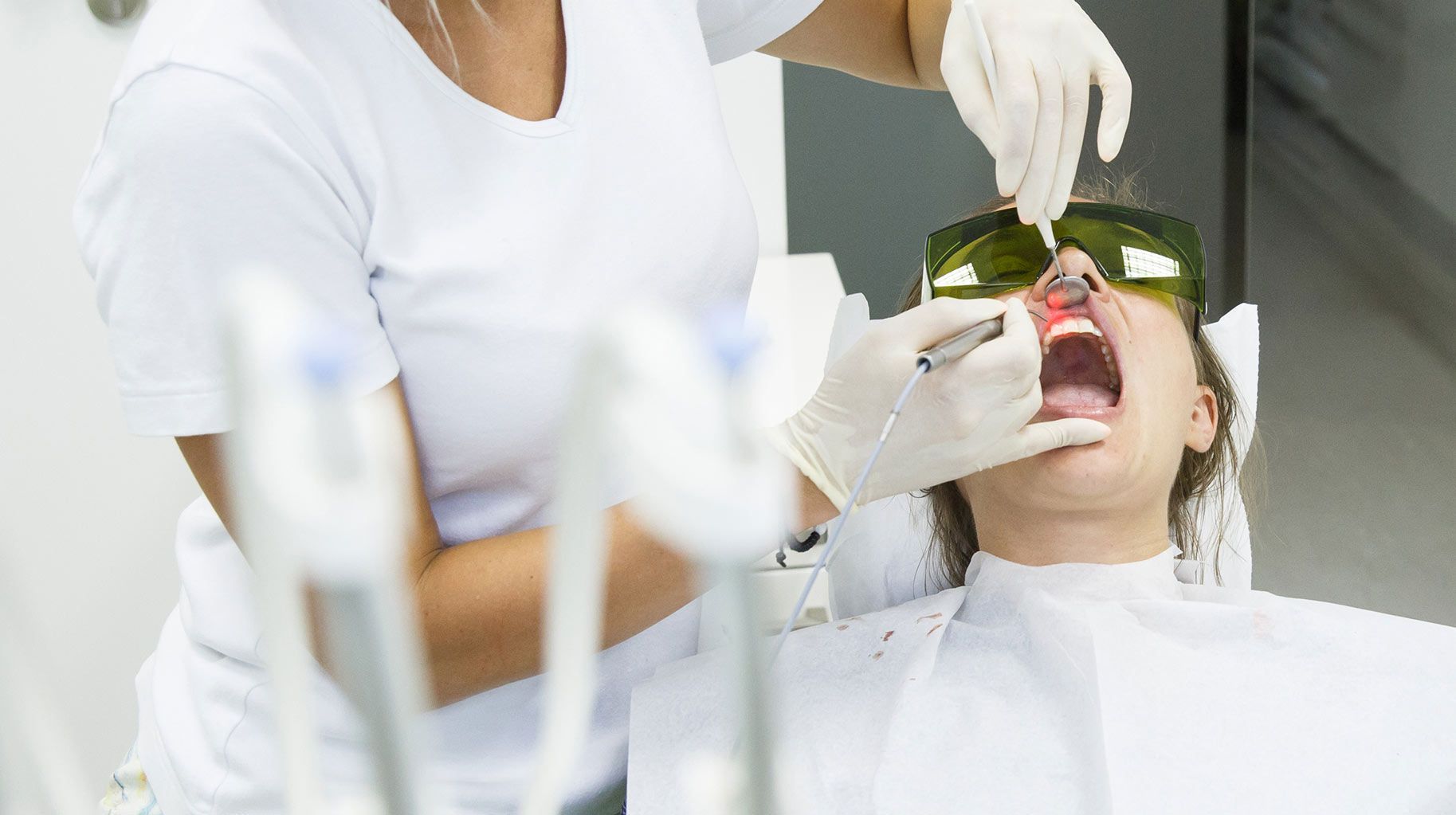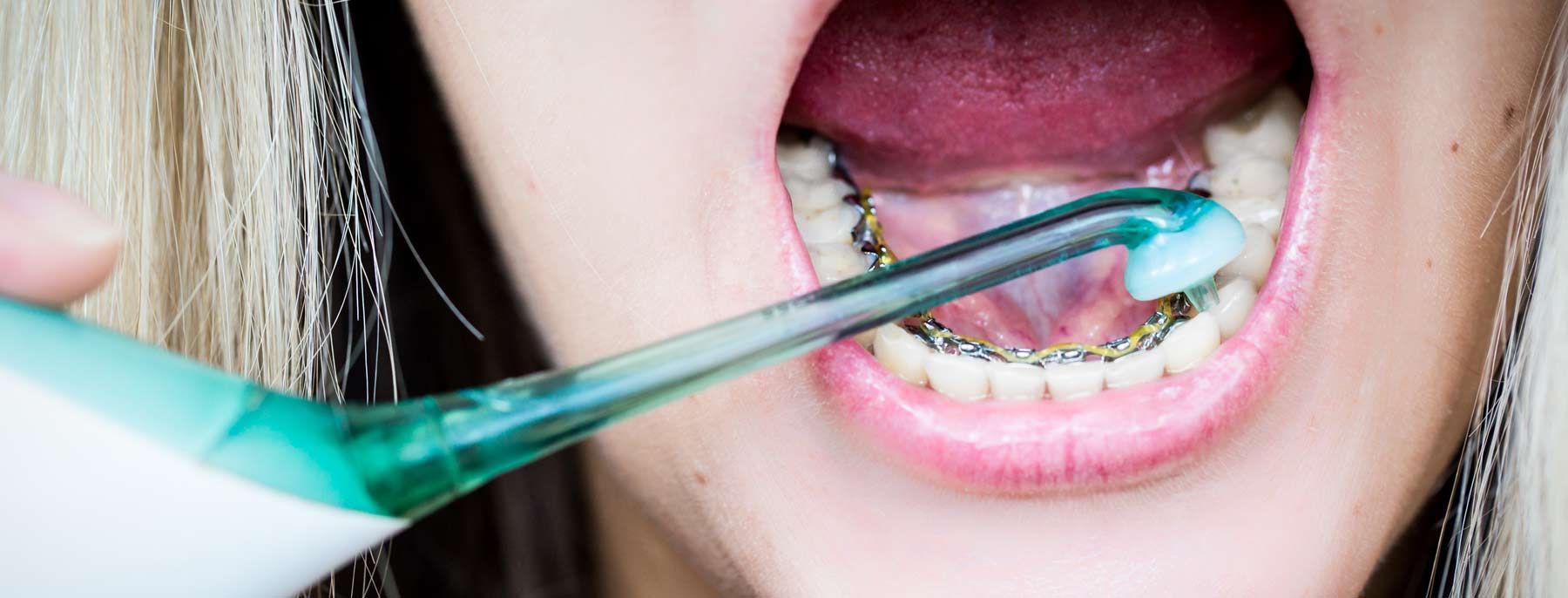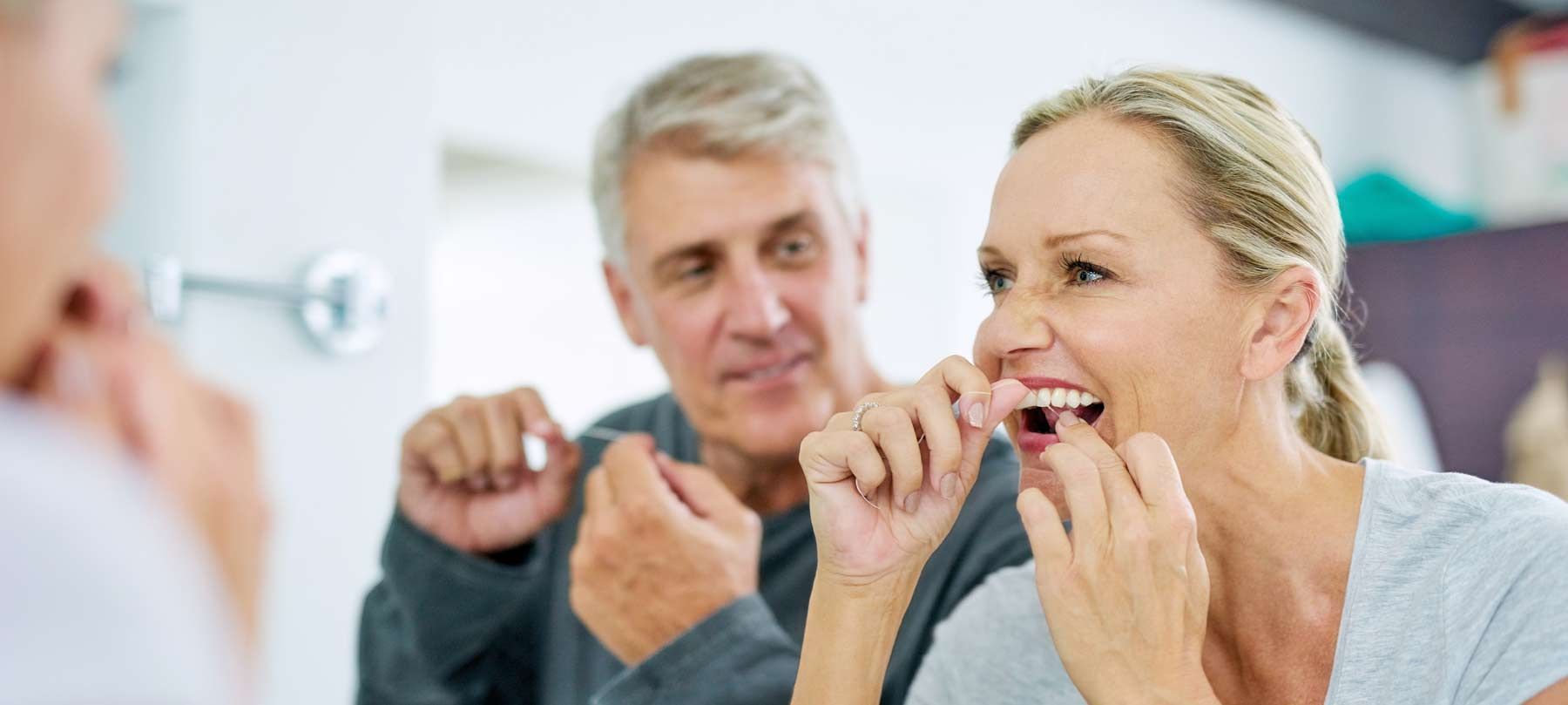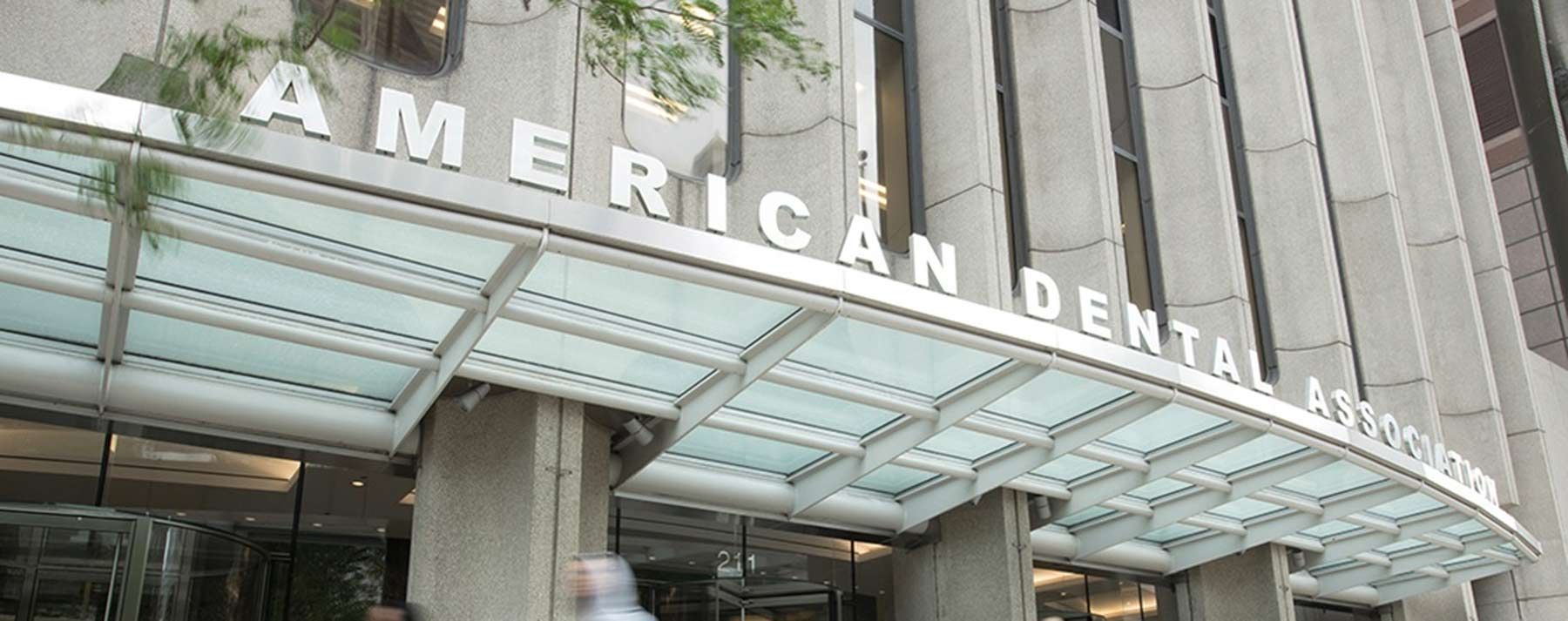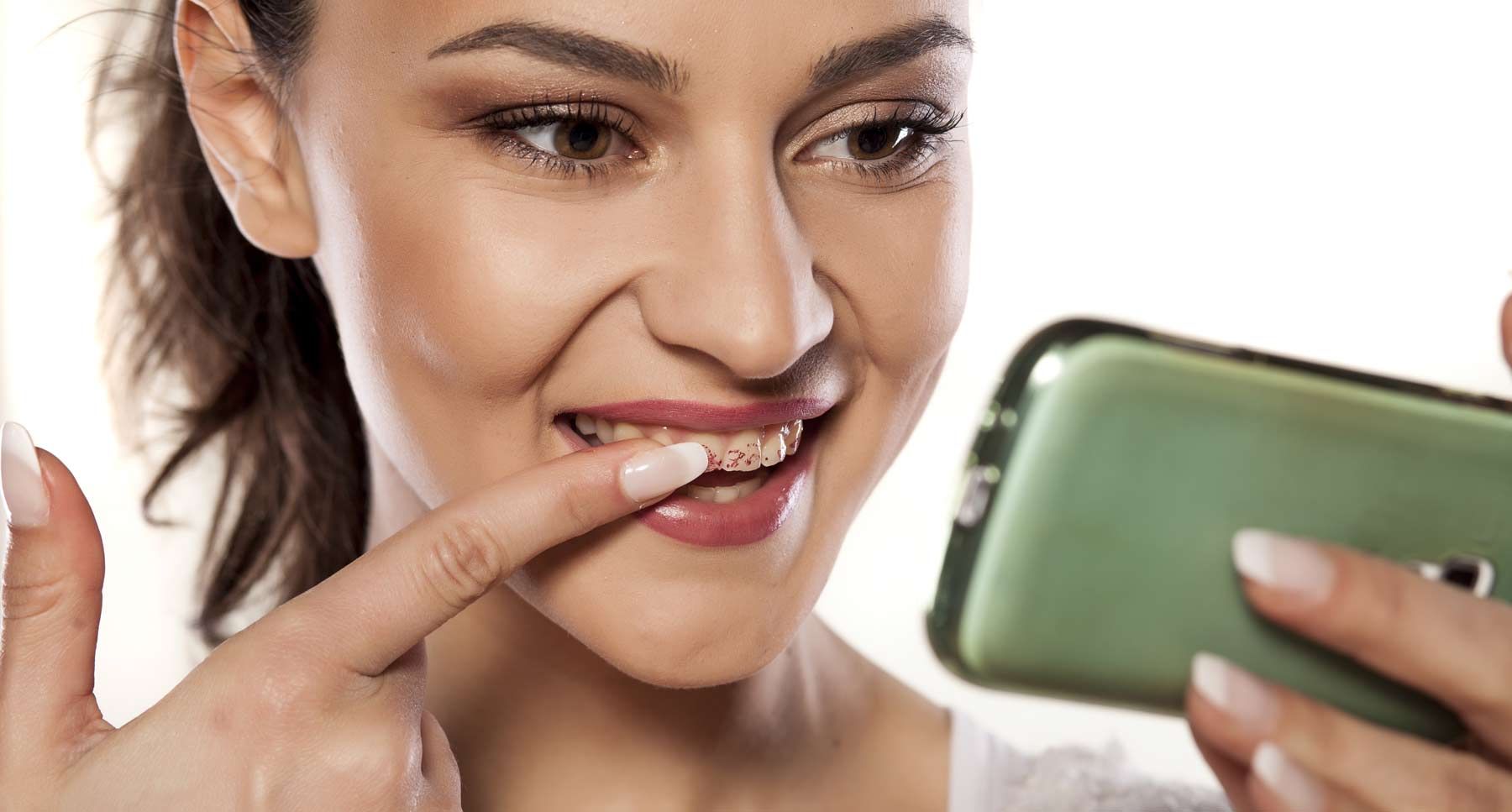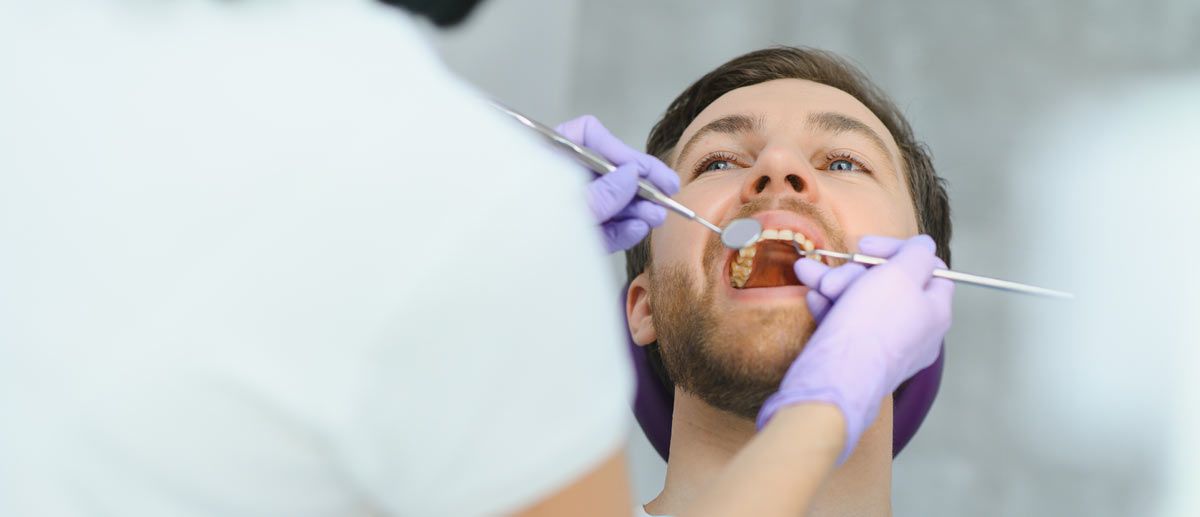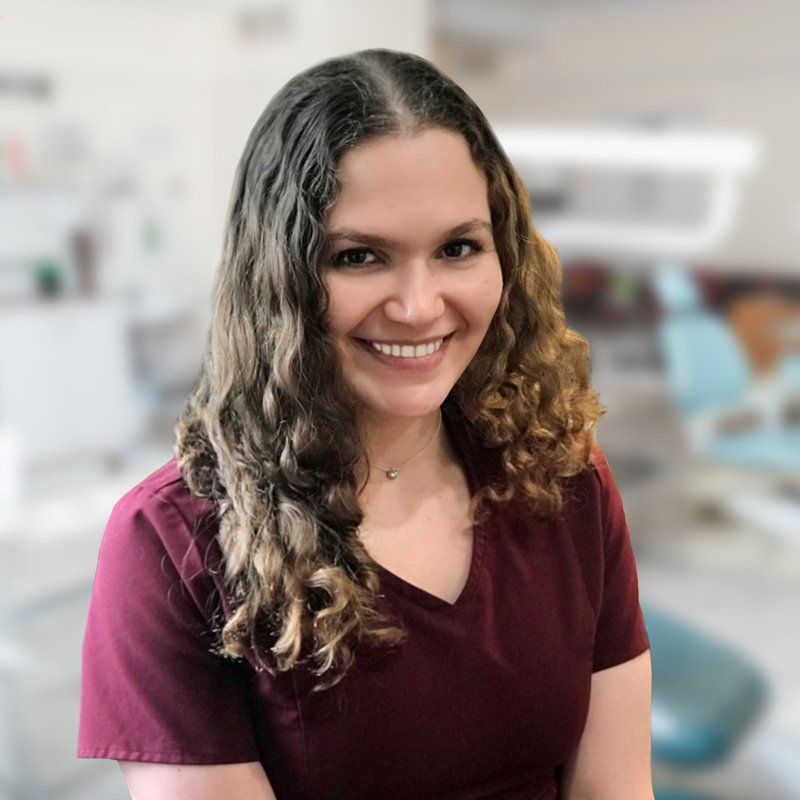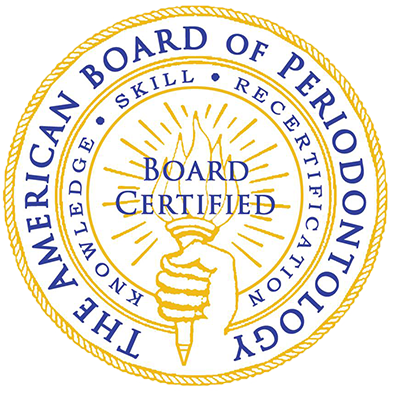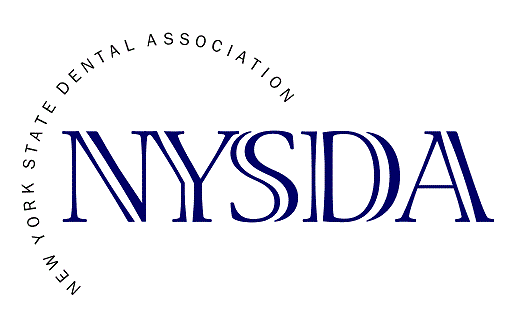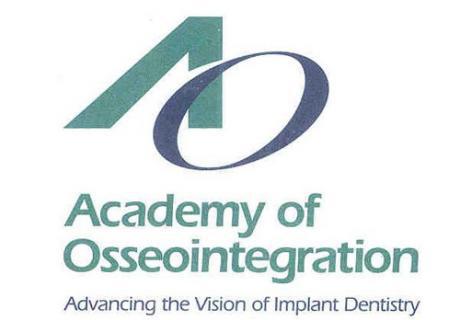Why Today's Dental X-Rays are Safe
Learn about dental X-Ray Safety from Dr. Stephanie Sfiroudis, Leading Nassau County Periodontist
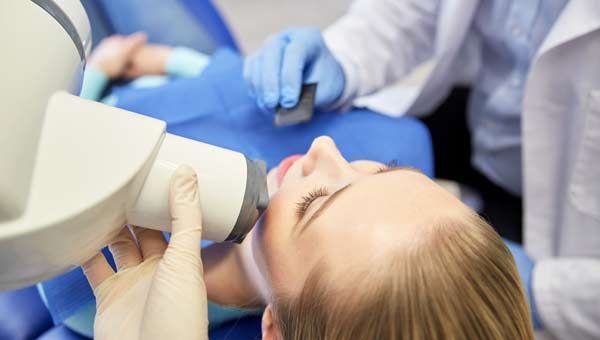
The safety of dental x-rays has long been a concern of individuals, parents, and some health authorities alike due to the common belief that they emit harmful radiation. And while it is true that dental x-rays do emit small traces of radiation, it is not enough to make it as hazardous as many believe.
In fact, each day we are exposed to trace amounts of radiation via our televisions, cell phones, and other devices, in addition to the sun's own solar radiation, which when limited to small quantities, our bodies have no problems of mitigating. The dental x-ray that we undergo periodically, and for just a few seconds, is not enough to cause major concern.
Today's advancements in dental x-ray procedures take even more precaution to eliminate further the threat of overexposure to radiation as researchers continue to make strides towards eliminating the use of radiation emitting dental technology altogether.
What is the Purpose of a Dental X-Ray?
The potential of your dentist to accurately diagnose, treat, and prevent oral health conditions is determined by their ability to understand what's going on with the tooth. Examining the outer enamel of the tooth is not enough to provide an accurate picture of what is truly going on with the health of the tooth, as many outward conditions, such as tooth decay, often begin beneath the surface of the tooth where your dentist can't see.
Dental x-rays enable your dentist to see what is going on beneath the tooth surface, which gives them a clear picture of your overall tooth health. By having this view, your dentist is then able to provide the best possible recommendation and procedures towards the prevention and treatment of various dental issues, including decay, cavities, periodontitis and other conditions, to improve your overall oral health.
In other words, dentistry is a profession that relies on visual guidance, and without it, your dentist cannot do their job.
Today's Dental X-Rays vs. the Dental X-Rays of the Past
In the past, dental x-rays were performed by placing a plate over the patient's tooth, leaving the rest of the patient's body, as well as other individuals in the room, at increased exposure to radiation. Over time, as advancements ensued, in addition to placing a plate over the patient's tooth while performing an x-ray, the patient was also draped with a thick, lead-filled apron to protect the rest of the body from radiation exposure.
Today, in addition to placing a plate over the patient's tooth during an x-ray, the patient is also draped in a heavy, lead-filled apron. However, the apron has been adapted to cover the reproductive organs, and in many cases, even includes an added piece that wraps around the neck to safeguard the thyroid gland. Now, when any x-rays are taken, everyone else exits the room to reduce their exposure to radiation. And further improvements to dental x-ray procedures are being made every day.
What is Being Done to Improve X-Ray Safety?
X-ray safety is always being tested due to public concern and the safety of children. For instance, current research has introduced two new tools called CariVu and DIAGNOdent to provide dental teams with minimally invasive dental strategies.
CariVu technology is a patented device that is shaped similar to a pen that enables dentists to look through a tooth using technology that gives them the ability to view the tooth from every angle for signs of potential issues.
DIAGNOdent, which is especially beneficial for children, uses a low-power laser to peer inside the crystal structure of the tooth and analyze the relative base level of decay. In fact, one study found that DIAGNOdent was more effective at detecting early decay on the surface of kids' molars than visual inspections and x-rays. In addition, it also helps eliminate the need for the use of the traditional dental explorer, which some patients worry may damage the surface layer of their teeth and possibly lead to decay.
While many advancements are being made to dental x-rays to protect you and your family's health, in the meantime, there are some things you can do on your own to help limit your exposure to radiation. This includes practicing good oral care, such as brushing twice daily and flossing regularly, so you require fewer dental x-rays. When there are clear signs of dental issues, such as active tooth decay, your dentist may require frequent x-rays in order to monitor the progression of the decay.
Please contact Dr. Stephanie Sfiroudis for a free consultation if you have any questions or concerns about your periodontal health.

